Upper Key Stage Two
Welcome to our phase page! On this page you will find all the information you need about life in our phase. If you would like paper copies of any documents, please ask at the school office.
Spring Term 1 - How has China changed?
This half term we will be exploring all about China! We will look at the impact Ancient China has had on the modern world as well as how it has changed in to the country it is today.

English
In English, we will start the half term looking at Non-Chronological Reports. The children will research several areas of Chinese culture including food, celebrations and landmarks before creating an informative and interesting report. After this, they will study persuasion - they will learn about exaggeration and emotive language and then apply these skills in to a persuasive letter. Our book this half term is 'The Firework Maker's Daughter' by Phillip Pullman and it details the adventures of a young girl called Lila who is desperate to prove to her dad that she is ready to follow in his footsteps and become a firework maker to the King.
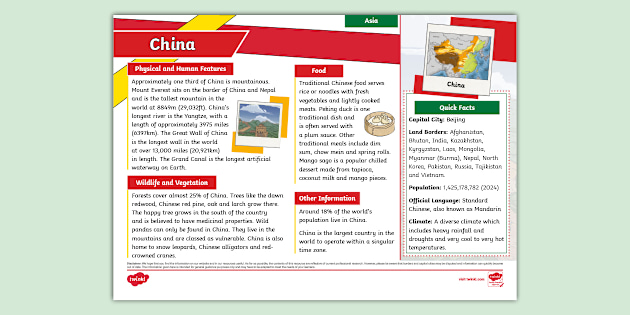

Maths
In Maths, and I'm sure the kids will be delighted about this, we are continuing to learn about fractions. The children will first look at multiplying fractions before moving on to dividing them. We then move on to exploring decimal numbers. We will use place value charts to understand the value of the numbers after the decimal point before comparing and ordering numbers with a range of decimal places. Finally, we will end the half term with some geometry as we calculate perimeter and area. Throughout Maths we will make sure we use a combination of fluency tasks, reasoning tasks and problem solving.
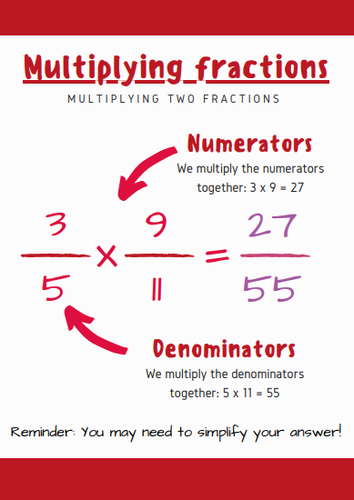
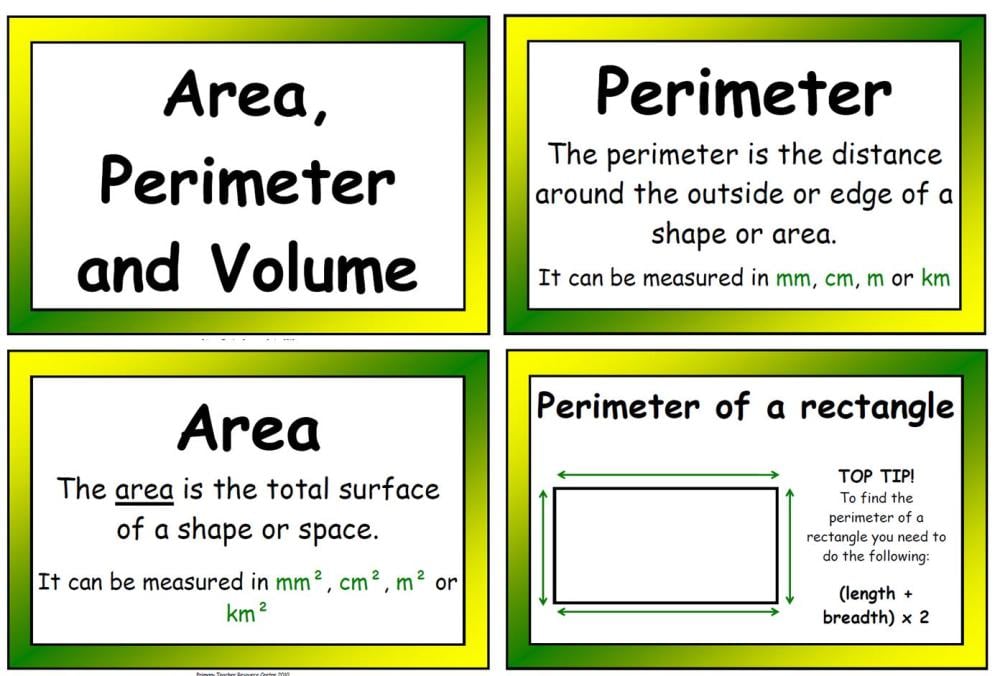
Science
Our focus in Science this half term will be materials. We will first recap on previous learning by testing a range of different materials to find their properties and suggested uses. After this we will focus in on mixing and dissolving, separating mixtures, reversible and irreversible changes and thermal conductors. We will use a mixture of practical experiments and theoretical lessons to help the children develop their understanding.
History
In History, we will be learning all about the Shang Dynasty - an important era in Ancient Chinese History. We will first get our timelines in order by looking at other key historical era's occurring at a similar time such as the Romans as well as how the Shang Dynasty began and concluded. The children will then look in more detail at aspects of Shang life including social hierarchy, dragon bones, Lady Fu Hao and their Gods and Kings.
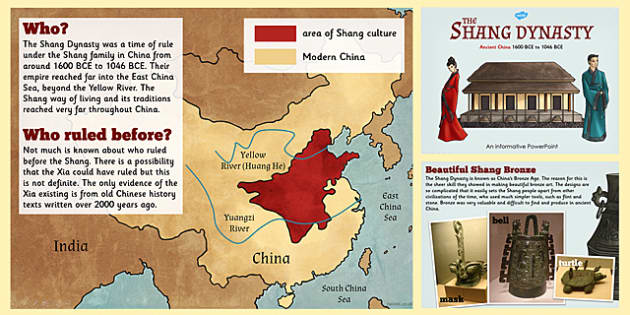
Geography
Geography's focus this half term will be around China. We will look at some of the incredible landmarks that are found in China including both physical (naturally occurring) and human (man-made). The children will locate the landmarks on a map as well as finding key cities including Beijing and Shang Hai
Art
In Art, the kids will meet 'The 4 gentleman'. These are not actually gentleman at all, but 4 styles of painting, invented during the Shang Dynasty and still practiced in China today. They focus on the movement and pressure of the brush stroke to try and recrate the shapes and shades seen in nature. They will then try recreate the 4 Gentleman by drawing rose-blossom plants, orchids and lilies.

PE
This half term the children will be learning Hockey! They will look at different types of dribbling, which parts of the stick can be used and which can't, as well shooting, defending and the tactics involved.
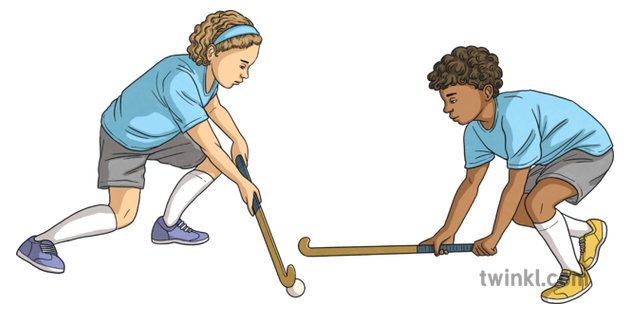




Autumn Term 2 - What Lies Beyond Earth?
This half term we will be learning about Space! We will explore the planets and our solar system, the moon and sun and space exploration.
English
In English, we will begin the half term looking at poetry as we pay our respects to the fallen creating Remembrance Day poems. We will then move on to some 
Non-fiction writing, where we will research the range of orbits that control day and night and the seasons. We will then apply our learning in to creating a formal, informative and scientific report. Finally, we will write our first narrative of the year - using what we have read so far to create a tense, maybe even scary, science-fiction story! Our class novel this half-term is The Kid who came from Space by Ross Welford. An adventure story full of science-fiction, twists and turns and even some heart break.
Maths
Maths this half-term will be fractions! Every child's favourite topic... We will start off by exploring fractions and how they are represented - including looking at equivalence and ordering. We will the move on to adding and subtracting fractions - this requires the children to use their understanding of times tables to find common denominators. Following this, we will look at multiplying and dividing fractions - which crazily, is actually easier than adding and subtracting!
A bit of support can be found here -> https://www.bbc.co.uk/bitesize/articles/z9n4k7h#zwfq3qt
Science
Science is where we will do most of our Space exploration! We will first explore our Solar System including the planets (and maybe Pluto), The Sun and the Moon. We will look at the how the orbits impact night and day and how the Earth's 'wobble' creates seasons. We will explain the difference between orbits, rotations and revolutions! We will then move on to looking at how we can use Science to understand that the Earth is Spherical.
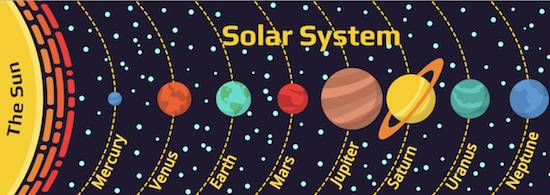
Design Technology
Continuing our Space theme - Design Technology will look at moon buggies! The children will first explore what a moon buggy is, what they were for and how they were made. The children will then design their own buggy use design criteria to ensure they include all critical components. Finally, we will spend several lessons building! We will be sawing (using vices for safety) and hot glue guns. The children will the use their understanding of electrical circuits to build a circuit that drives a motor so they are left with working, self-propelling moon buggies! We might even race them!
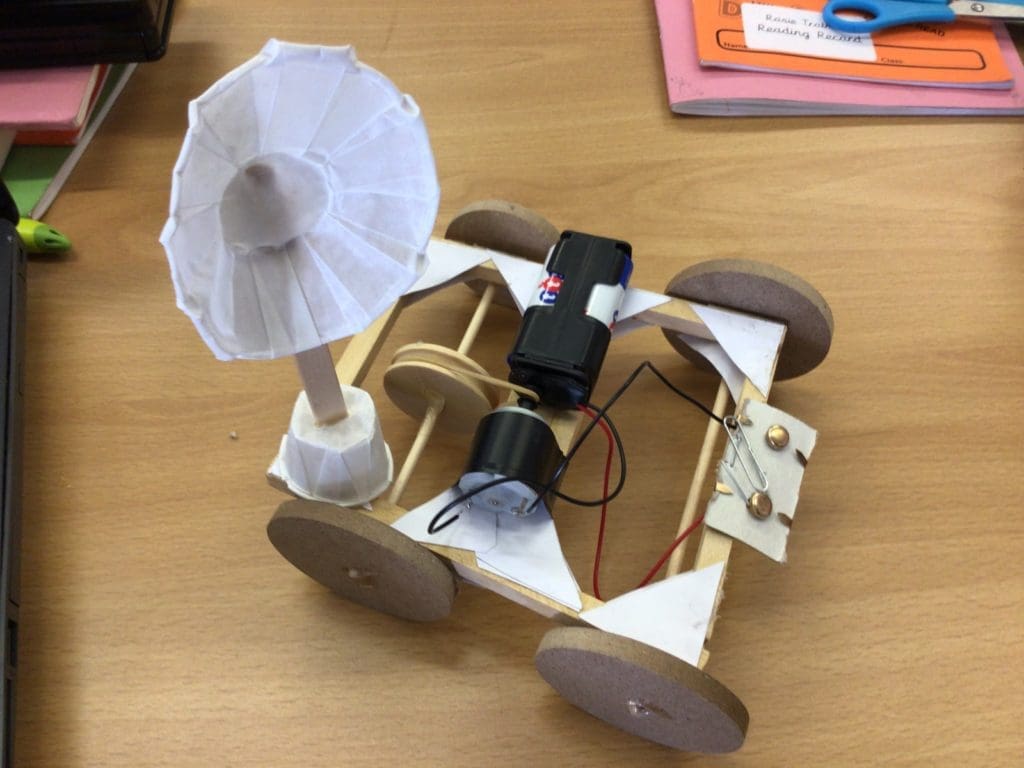
Computing
Coding will be the focus of computing this half term. Over the course of 6 lessons the children will be designing their own computer game. They will create moving parts through creating their own algorithms and will have to debug at each step to avoid issues and solve problems. They will then create backgrounds, walls and even characters (and enemies) to go in to the game to make it exciting!
PE
PE this half-term is Golf. The children will develop their control across 3 main shots: driving, chipping and putting. They will then apply their new skills in to game play situations where they must choose and execute the correct shot for the situation. We will also look at some of the tactics golfers use to be as competitive as possible.
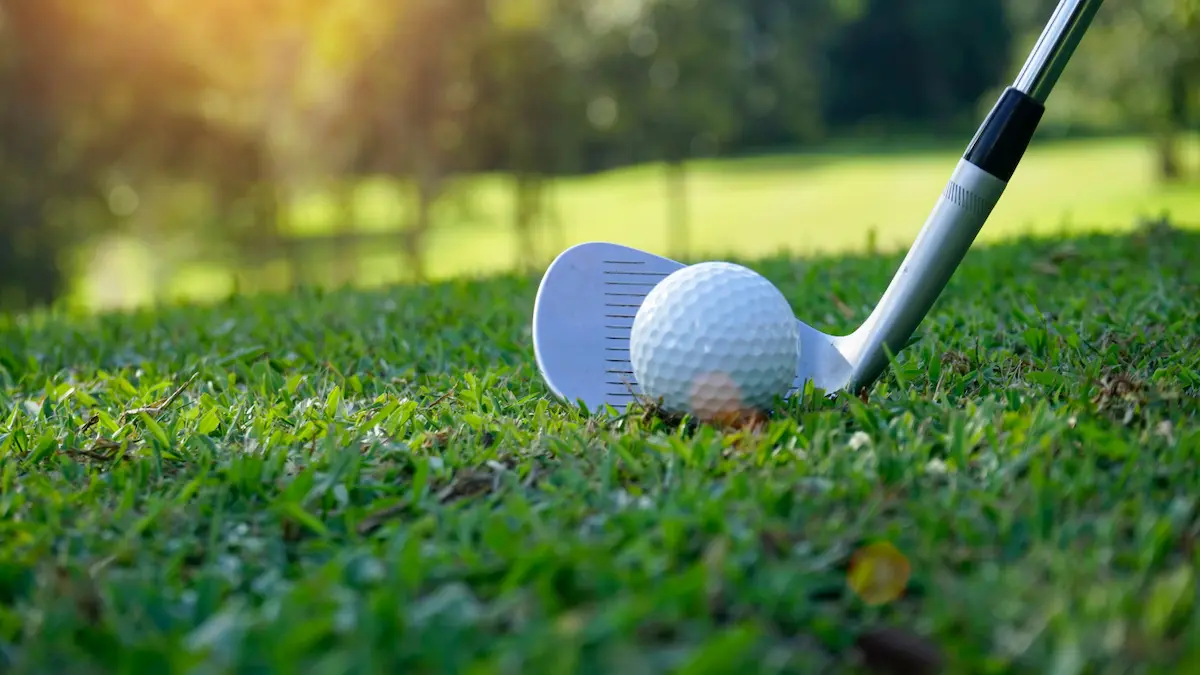
Enter text...
Autumn Term 1 - How did we Evolve?
This term we will focus our learning around evolution and inheritance. We will spend time exploring the Stone Age and how early man developed in order to survive.
English
Our class novel this half-term is the classic: Stig of the Dump. We will go on a journey of discovery with a young boy called Barney, who finds an unusual and rather unexpected guest dwelling in the dump behind his Grandma's house.
We will begin English with a character description. Once the children have met Stig, they will work collaboratively to gather as much vocabulary as they can that could be used to describe the caveman. They will then up-level their language before combining it into fantastic, descriptive sentences.
After this, the children will work on writing a newspaper report, reporting on a major incident from the book (I can't tell you what yet, I don't want to ruin it for the kids... shhh).
They will explore the different features, both language based and organisational, to create a formal, informative and engaging news report.
Maths
Autumn term Maths will focus on basic skills and cementing the children's understanding of key processes before moving on to more complicated topics. They will first recap place value, looking at the value of each digit in a number all the way up to numbers in the tens of millions.
This will then progress in to exploring ordering, rounding and multiplying and dividing by 10,100 and 1000.
They will then spend the rest of the half term looking at the four operations: addition, subtraction, division and multiplication. In 5/6 they are introduced to new methods including short division (often called bustop method). By the end, the children should be trying to multiply and divide using numbers with two or more digits.
Science
In Science, the children will look at evolution and inheritance. They will explore how man evolved from apes, looking at the physical developments they made that allowed them to successfully hunt and gather as well as to develop many other skills (and intelligence) that enabled them to survive. We will then develop out understanding of evolution in animals. Using their geography understanding developed in previous years, the children will research how animals have adapted physical traits in order to survive. They will use studies such as Charles Darwin's Galapagos Finches to expand their understanding.
PE
The PE focus this half term will be golf. They will practice driving, chipping and putting as well as exploring the rules and scoring. They will finally apply their skills in to matches against their peers.
History
In History the children will be learning about the Stone Age Era. They will first look at early man and how they lived, including how and what they ate, the houses they lived in and the tools they invented. We will then follow the timeline along and to see what changes occured as they moved in to the Iron Age. We will make comparisons between the two Eras and try to understand why the Stone Age Era was left behind.











